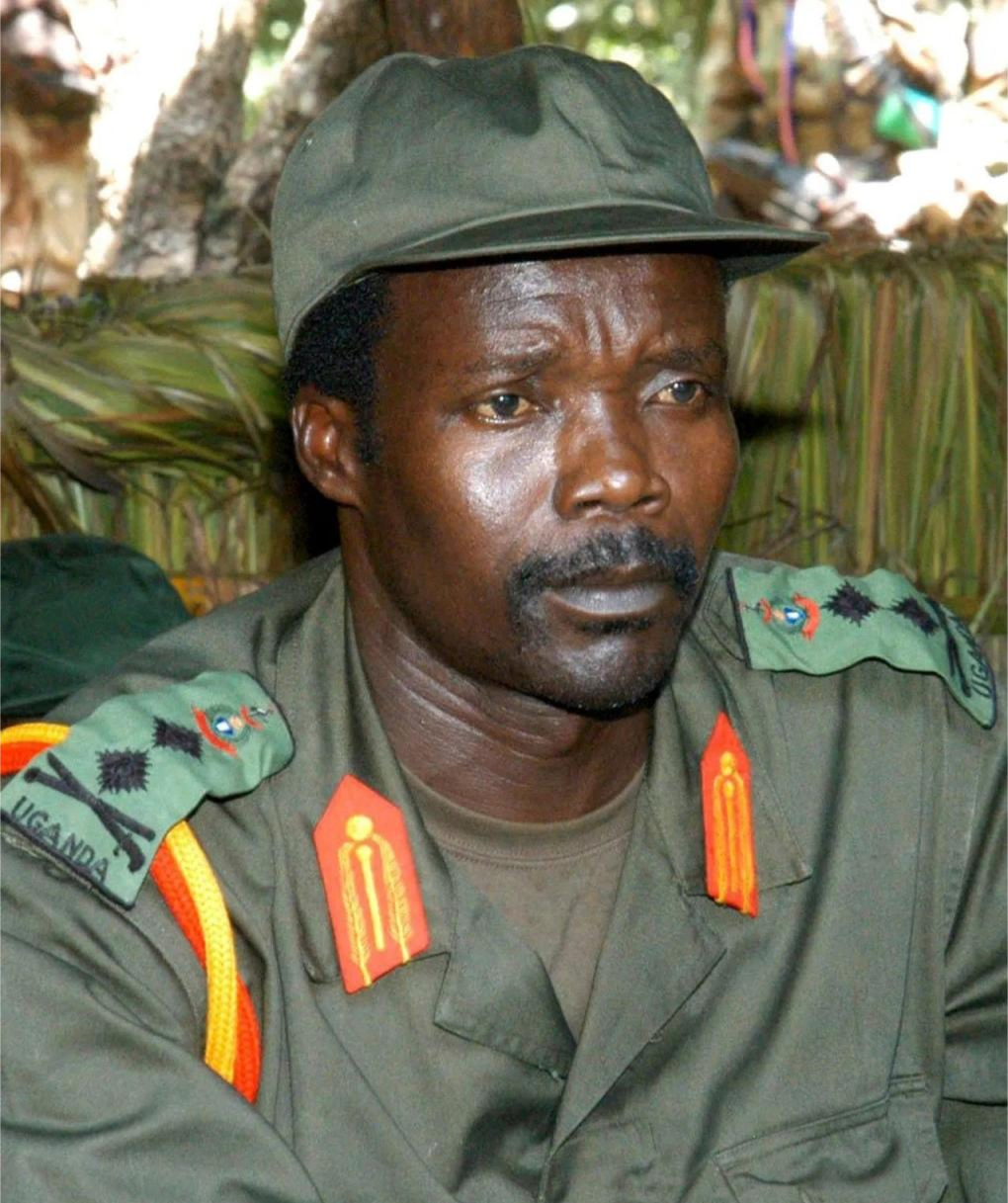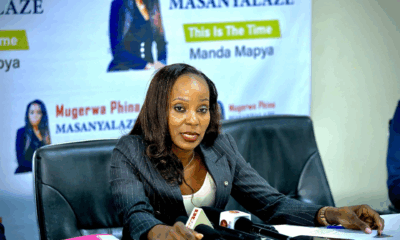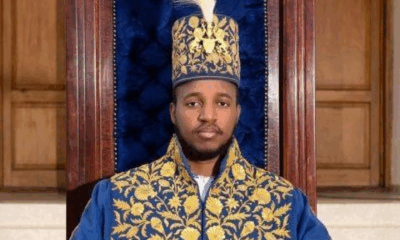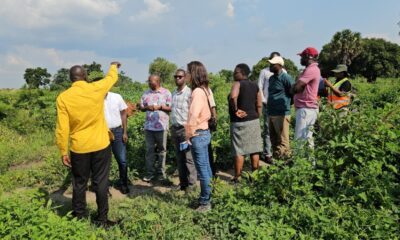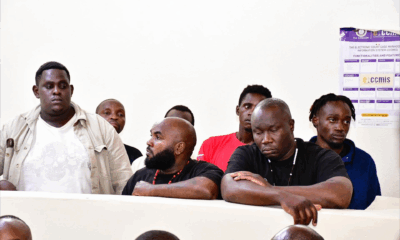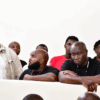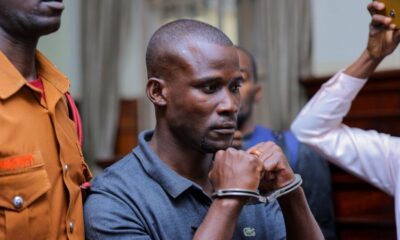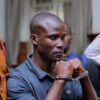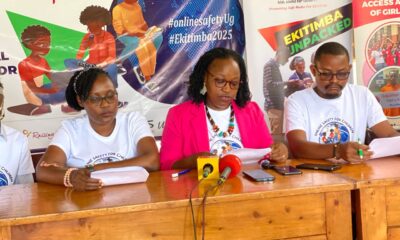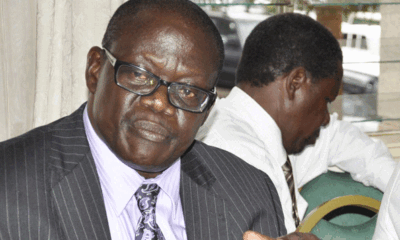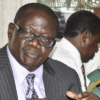Law
Joseph Kony’s Charges Confirmed in Landmark ICC Hearing Held In Absentia
The International Criminal Court (ICC) has initiated its war crimes case against fugitive Ugandan rebel leader Joseph Kony in an unprecedented confirmation of charges hearing held without the accused being present.
This event represents a milestone for the court and could potentially set a precedent for handling future prosecutions involving high-profile suspects who remain beyond the court’s reach.
Despite an arrest warrant that was issued two decades ago, Kony, who founded and leads the Lord’s Resistance Army (LRA), has successfully avoided capture.
He is charged with 39 counts of war crimes and crimes against humanity, including murder, sexual enslavement, abduction, and the forced conscription of thousands of children as soldiers in the LRA.
Kony claimed he sought to establish a government guided by the biblical 10 commandments and insisted he was fighting for the rights of the Acholi people in northern Uganda.
However, his rebel group gained infamy for brutal acts such as cutting off victims’ limbs or parts of their faces.
Kony’s notoriety surged in 2012 following a social media campaign that sought to raise awareness of the LRA’s alleged atrocities.
Despite these efforts and years of pursuit, he continues to evade capture.
When the charges against him were read aloud, the courtroom fell silent.
These charges also include gender-based crimes related to the abuse of thousands of women and girls, encompassing enslavement, rape, forced marriage, and pregnancy.
The alleged crimes took place in northern Uganda between 2003 and 2004.
“Unfortunately the tentacles of international justice, even though they are lengthy, have not been sufficient to ensure the efficient arrest of fugitives,” said the ICC’s deputy prosecutor at the start of the case.
“Many victims who had the strength to survive the horrors of civil war have not survived this lengthy wait, others have lost patience, but there are some who have waited for this moment,” she added.
According to the prosecution, children were frequently abducted from their routes to school or fields, deprived of their basic rights, and compelled to kill on behalf of Kony’s rebel forces.
For the first time, the ICC is using its authority under the Rome Statute, its founding treaty, to advance proceedings without the suspect being in custody. Judges will listen to arguments from the prosecution, defense, and victim representatives. Kony will be represented in absentia by a lawyer appointed by the court, before the judges decide whether to confirm the charges.
A trial, however, cannot commence until Kony is arrested and physically present in court in The Hague.
Legal experts suggest this hearing could establish a new model for how the ICC deals with fugitives unlikely to be detained.
Survivors of the LRA’s violence are closely following the hearing, albeit from a distance, on a large screen arranged by ICC teams in northern Uganda.
Human rights advocates say the proceedings serve as validation for the suffering of thousands who endured the rebel group’s terror.
“This is about recognition,” said one survivor. “Even if Kony is not in custody, the world is hearing what happened to our communities.”
Regarding the LRA case, the deputy prosecutor noted that the trauma deeply affected communities where “the victim became the perpetrator,” but stressed that Kony “remained the main perpetrator until the end.”
In 2005, the Ugandan army expelled the LRA from Uganda, pushing them into what was then Sudan (now South Sudan), where they eventually established bases near the Democratic Republic of Congo border.
Later, the group relocated to the Central African Republic, where they reportedly became involved in poaching and illegal mining activities.
Efforts by the Ugandan government to negotiate peace with Kony collapsed in 2008 when the LRA leader demanded guarantees that he and his associates would avoid prosecution.
The ICC’s decision to proceed without Kony present demonstrates its commitment to pursuing justice, even when arrests are challenging.
This move also underscores that, amid few ongoing trials, the court aims to prove it remains operational despite difficulties.
Comments



